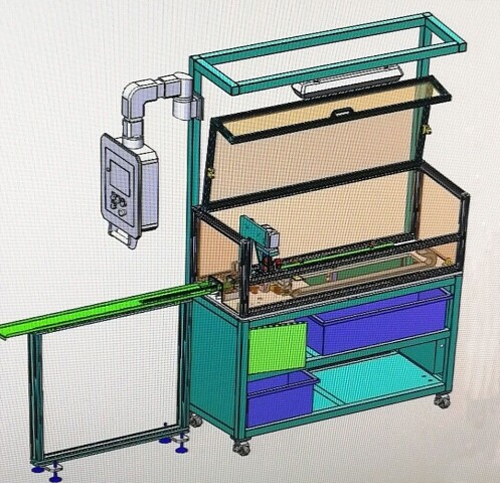Car sealing strip is a rubber product used in cars, mainly used to seal the gaps in various parts of the car, avoiding external factors such as water, smoke, noise, and dust from entering the car, while ensuring comfortable temperature and sound inside the car.
Automobile sealing strips are usually based on rubber materials, which can be divided into the following types of materials:
1. Nitrile rubber (NBR): Nitrile rubber is a commonly used sealing material with excellent oil resistance, heat resistance, and chemical resistance. Nitrile rubber has good elasticity, tensile strength, and wear resistance, and is widely used for sealing automotive lubricants and fuel systems.
2. Neoprene rubber (CR): Neoprene rubber is also a widely used material in automotive sealing strips, with good oil resistance, heat resistance, and airtightness. It has good weather resistance and can be used in different climatic conditions, while also possessing a certain degree of UV resistance.

3. Silicone rubber (VMQ): Silicone rubber is a high-temperature sealing material with excellent resistance to high temperature, cold, and excellent mechanical properties. Silicone rubber has good flame retardancy, is not easily deformed, and can maintain its performance under high temperature and pressure. Commonly used for sealing engines, water pumps, and high-temperature areas.
4. Fluorine rubber (FKM): Fluorine rubber is a high-performance sealing material with excellent oil resistance, heat resistance, and chemical resistance. It has good corrosion resistance and airtightness, and is suitable for sealing purposes in harsh environments such as high temperature, high pressure, and acid-base media.
5. Acrylic rubber (ACM): Acrylic rubber is a high-performance sealing material with good oil resistance, chemical resistance, and excellent temperature stability. Acrylic rubber is commonly used for sealing in circulation systems, such as transmissions and water pumps.
The above are commonly used automotive sealing strip materials. Different materials are suitable for different sealing conditions and usage environments. Choosing the appropriate material can ensure the performance and lifespan of automotive components, while improving the safety and comfort of the vehicle.

Follow us
